Professor of Linguistics Elizabeth Pretorius, better known as Lilli, is a leading authority on reading. She is part of the team who helped to develop the ELOM early language and literacy assessments, and believes they can play a critical role in creating a brighter future for South African children.
Lilli’s commitment to early learning stems from a belief that reading is not only a skill that needs to be taught, it is a fundamental human right. “Reading ability is one of the best indicators of future educational achievement.”
Improving literacy development, especially for children living in resource-poor environments, has been a driving force for her research for more than two decades. She has published over 50 articles on the topic and co-authored two books – Teaching Reading Comprehension and Early Grade Reading in South Africa.
The language gap
Lilli’s work has made her well aware of the critical need for standardised, culturally fair assessments for young children. This is why she supported the development of the Early Learning Measurement (ELOM) tools, the first of their kind in South Africa and available in all 11 of the country’s official languages.
“English is only spoken at home by around 8% of South Africa’s population. Assessing a child in an unfamiliar language is unlikely to reflect their true abilities as they may not have correctly understood the question. Testing in a child’s home language is the only reliable way to ensure accuracy.”
This means that the ELOM tools need to be available in all official languages, and assessors need to be trained to administer the tools in all languages.
Lilli collaborated with the ELOM team, including Professor Andrew Dawes, early learning specialist Linda Biersteker and Dr Shelley O’Carroll and mother tongue speakers in a variety of South African languages, to create ELOM’s language and literacy assessments.
It involved identifying the cognitive-linguistic skills that are predictive of early reading (phonological awareness, alphabet knowledge and vocabulary) and aligning these skills with the CAPS curriculum for Grade R. The team then developed potential ways to assess for the most relevant skills and tested them with assessors and children of all 11 languages.
Literacy and poverty
Lilli’s research has primarily focused on improving literacy development in resource-poor environments, which is a stark reality for more than 60% of South African children.
According to South Africa’s Thrive by Five 2021 Index, only 3 out of 10 of the poorest children attending early learning programmes start school on track, in sharp contrast to the 8 out of 10 children from wealthy households.
“Poverty compounds the problem. Children who struggle need the best teachers, yet most often they are in schools with limited resources and under-trained teachers.”
Data to drive action
For Lilli, the significance of ELOM depends on how the data is used. “ELOM has broken new ground, gathering large-scale quantitative data that was not available in the past. We now know far more about what is happening locally in our ECD centres and schools than we did 10 years ago. This is invaluable information.
“However, what matters most is what we do with it. Data is meaningless without action.”
“If learning challenges go undetected it can have serious consequences on schooling, job prospects, as well as social and emotional engagement. If you can’t read well in today’s world you are less able to find out information, access resources and succeed.
“In a Department of Education longitudinal study, 60,000 children were tracked from Grade 1 through to Grade 7. The results are clear, if you don’t detect and support children who are struggling early on, they don’t catch up.”
Lilli would like to see policy makers, academics and researchers use the data to review the Grade R curriculum and teacher training. “Grade R teachers once served more of a caretaking than an educative role. This needs to change. Skilled early childhood education requires specialised training to ensure that children start Grade 1 with the right foundations in place.”
For more about how the ELOM tools were developed read this article by Professor Andrew Dawes.
To see the latest data insights, click here.
